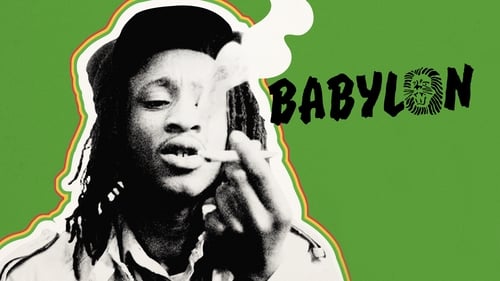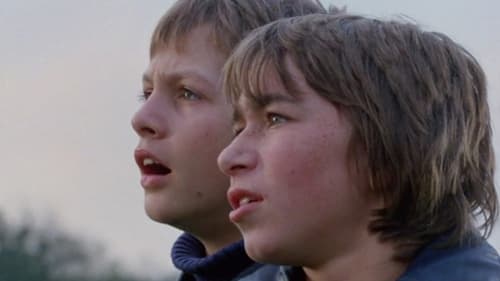
Editor
A beautiful young detective goes to the rescue of a teacher kidnapped by a former student.

Editor
Over ten years, documentary filmmaker Peter Clifton has recorded performances by some of the biggest names in world pop rock. From 1964 to 1973, groups such as the Rolling Stones, Animals, Cream, Blind Faith, Pink Floyd and Faces passed through London, as well as emblematic singers of that period, some with meteoric trajectory such as Otis Redding and Jimi Hendrix; others, poets of a single era, like Cat Stevens and Donovan, as well as those who would shine brighter a few years later, like Joe Cocker and Tina Turner. You can check it all out on this historic DVD, an indispensable document for anyone who appreciates the purest rock.

Editor
People claim to know an amnesiac who finds herself in a hotel with a suitcase full of cash.

Editor
Following the success of the 1979 show and the financial benefits accruing to Amnesty from the spin-off movie, TV special and record albums – Cleese, Lewis and Walker planned the next show to be a more spectacular event. Cleese focused on broadening the comedic talent to be presented at the show. In addition to the Amnesty show stalwarts drawn from the Oxbridge/Monty Python/Beyond The Fringe orbit, he invited newcomers such as Rowan Atkinson’s colleagues from the BBC TV show Not the Nine O'Clock News including Pamela Stephenson and Griff Rhys Jones; comedian Victoria Wood and regional comic Jasper Carrott. Lewis secured a return appearance by Billy Connolly and a debut appearance by "alternative" comedian Alexei Sayle who Lewis had recently discovered and was managing. Building on the success of Pete Townshend's 1979 appearance Lewis recruited other rock musicians to perform at the 1981 show including Sting, Phil Collins, Eric Clapton, Jeff Beck, Donovan and Bob Geldof.

Editor
In Southern Rhodesia in the 1940s, city-dweller Mary marries farmer Dick Turner and is plucked from the comforts of her cosmopolitan life and forced to live on his unsuccessful farm. Mary slowly goes insane and has a sexual affair with her black servant, Moses. When the affair is discovered, Mary asks Moses to leave the farm, but he returns and murders her.

Editor
Drama telling the story of Blue, a young man of Jamaican descent living in Brixton in 1980, as he hangs out with his friends, fronts a dub sound system, loses his job, struggles with family problems and has his friendships tested by racism.

Editor
Two teenage boys try to help a tiny spherical alien get back to its mothership, while the army and a devious petty crook pursue the creature for its wonderful powers.

Editor
This documentary is about the first five years of BBC Radio 1 and contains interviews with the disc jockeys and other folk who were involved in the station's inception. It also contains footage from the previous pirate radio era as a means of explaining why Radio 1 came about.

Editor
Vintage film footage from the hey-day of the London's rock and roll scene. Interviews with rock artists and London's hippies and flower children.

Editor
Filmed record of a major rock and roll festival held at Wembley Stadium, London, in August 1972. London Rock and Roll Show begins with excerpts from numerous "warm-up" performers shown singing either covers of 1950s hits, or original tunes, including a performance by Screaming Lord Sutch that threatens to end the concert prematurely when he brings a stripper on stage. The main concert segment begins with Bo Diddley and continues with a string of other major performers including Jerry Lee Lewis, Little Richard, and Bill Haley and His Comets. The concert ends with an extended performance by Chuck Berry, who at the time was enjoying major chart success in Britain and the US with his "My Ding-a-Ling" (although he does not perform that song in this film). Mick Jagger also appears in several non-musical interludes in which he is interviewed about the performers.

Young Socialists from Glasgow, Liverpool and Swansea march to London and discuss their economic struggles en route. Supporting them are Ken Loach, Corin Redgrave, Arnold Wesker and other leading cultural figures of the left of British politics. The march is intercut with scenes dramatising parallel injustices in the English Civil War era and earlier - featuring Frances de la Tour in queenly mode as Elizabeth I. The film's unconventional structure also features frequent extracts of the rousing pop concert, with the band Slade, which culminated the epic march.








